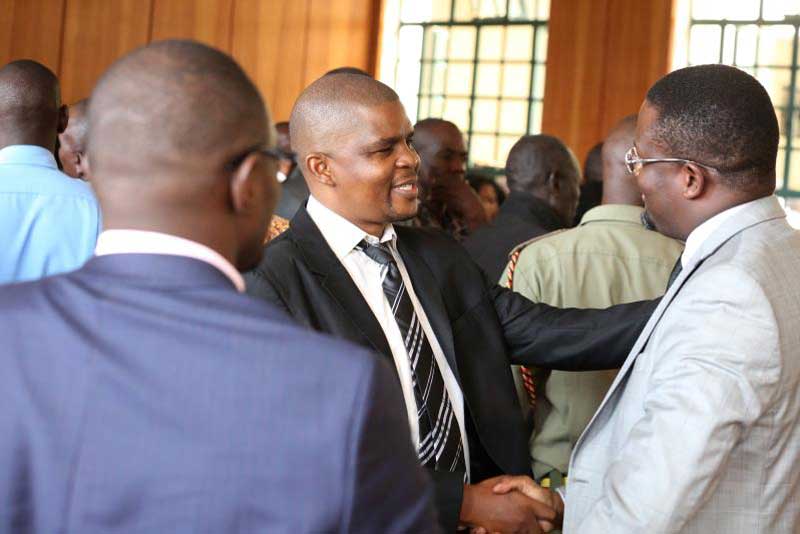×
The Standard e-Paper
Stay Informed, Even Offline

Laws enacted by Parliament and rules set by the Judiciary have come back to haunt politicians in election petitions.
This has seen a number of politicians lose petitions on the grounds that they were not in line with the Election Act.